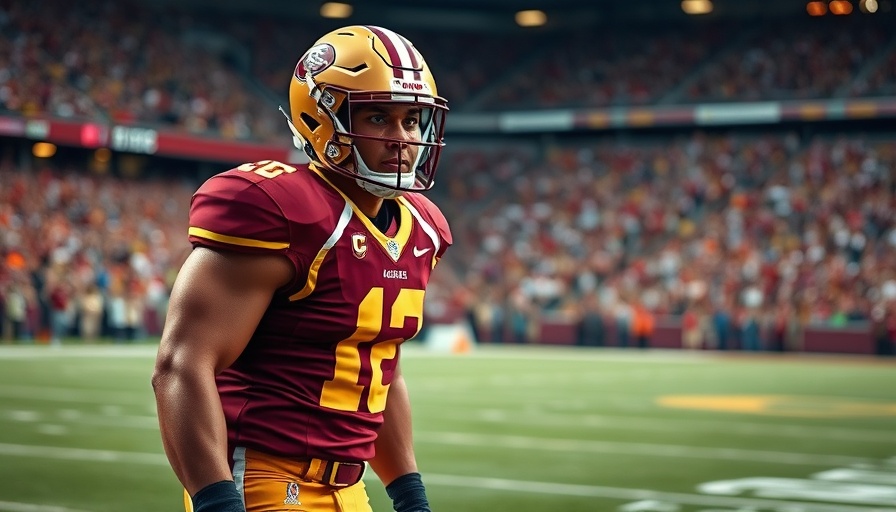
The Controversial Act 901: A Spotlight on Social Media Regulations
In a historic legal showdown, tech industry group NetChoice has launched a lawsuit against Arkansas over its recently enacted social media regulation law, Act 901. This law, which allows parents of children who have committed suicide to hold social media platforms accountable, has raised significant concerns regarding the tension between state regulations and First Amendment rights. It's a development worth analyzing, especially in today’s digital landscape where social media platforms wield considerable influence over public discourse.
First Amendment Concerns: Censorship or Safety?
NetChoice argues that Act 901 poses a direct threat to free speech online by imposing vague restrictions on protected content. According to the group, the law encourages social media companies to self-censor in order to avoid potential legal repercussions. This is particularly troubling given the U.S. Supreme Court’s previous rulings emphasizing that social media is an extension of public discourse that requires certain protections under the First Amendment. The lawsuit highlights the essential debate surrounding content moderation, safety, and the extent of government intervention.
Legislative Background: The Making of Act 901
Passed by the Arkansas General Assembly, Act 901 allows families impacted by tragedies associated with social media to file civil suits against platforms deemed culpable. While the intent—protecting children and ensuring accountability—seems noble on the surface, the broader implications for social media companies cannot be overlooked. Critics contend that this law could create a chilling effect on free speech. If social media platforms are forced to constantly monitor their algorithms for potential harm, they may err on the side of caution, restricting access to various types of content to protect themselves from litigation.
Diverse Perspectives: Rights of the Victims vs. Corporate Protections
Supporters of Act 901 argue that it provides necessary recourse for families affected by the consequences of online interactions that lead to self-harm. They claim that social media companies have a moral obligation to ensure the safety of their users, particularly minors, and should be held accountable when they fail to do so. In contrast, industry advocates warn that this law could hinder innovation and lead to stringent controls over information access. As such, this legal battle encapsulates the conflicting interests between corporate accountability and individual rights.
Future Predictions: Will More States Follow Suit?
The outcome of this lawsuit could set a significant precedent for how states regulate social media platforms. Should the courts uphold Act 901, a surge of similar legislation across the country may follow, prompting tech companies to reassess their operational approaches to content moderation. It raises crucial questions about whether there’s a balance between protecting vulnerable individuals and maintaining the integral role of social platforms in modern communication.
Actionable Insights for Social Media Users and Creators
As digital citizens, understanding the implications of laws like Act 901 is vital. Users can advocate for transparency in the platforms they engage with, emphasizing the importance of user safety alongside freedom of expression. Content creators, too, must navigate this landscape with care, as pending regulations could reshape the way they interact with their audience.
Conclusion: Your Role in the Social Media Narrative
The intersection between social media and legislation continues to evolve. As a concerned user, understanding these developments is crucial. Familiarize yourself with the ongoing discussions surrounding online safety, free speech, and corporate responsibility. Book Your Brand Voice Interview Now! Engaging in these conversations allows you to contribute meaningfully to the narrative shaping our digital world.
 Add Row
Add Row  Add
Add 




Write A Comment